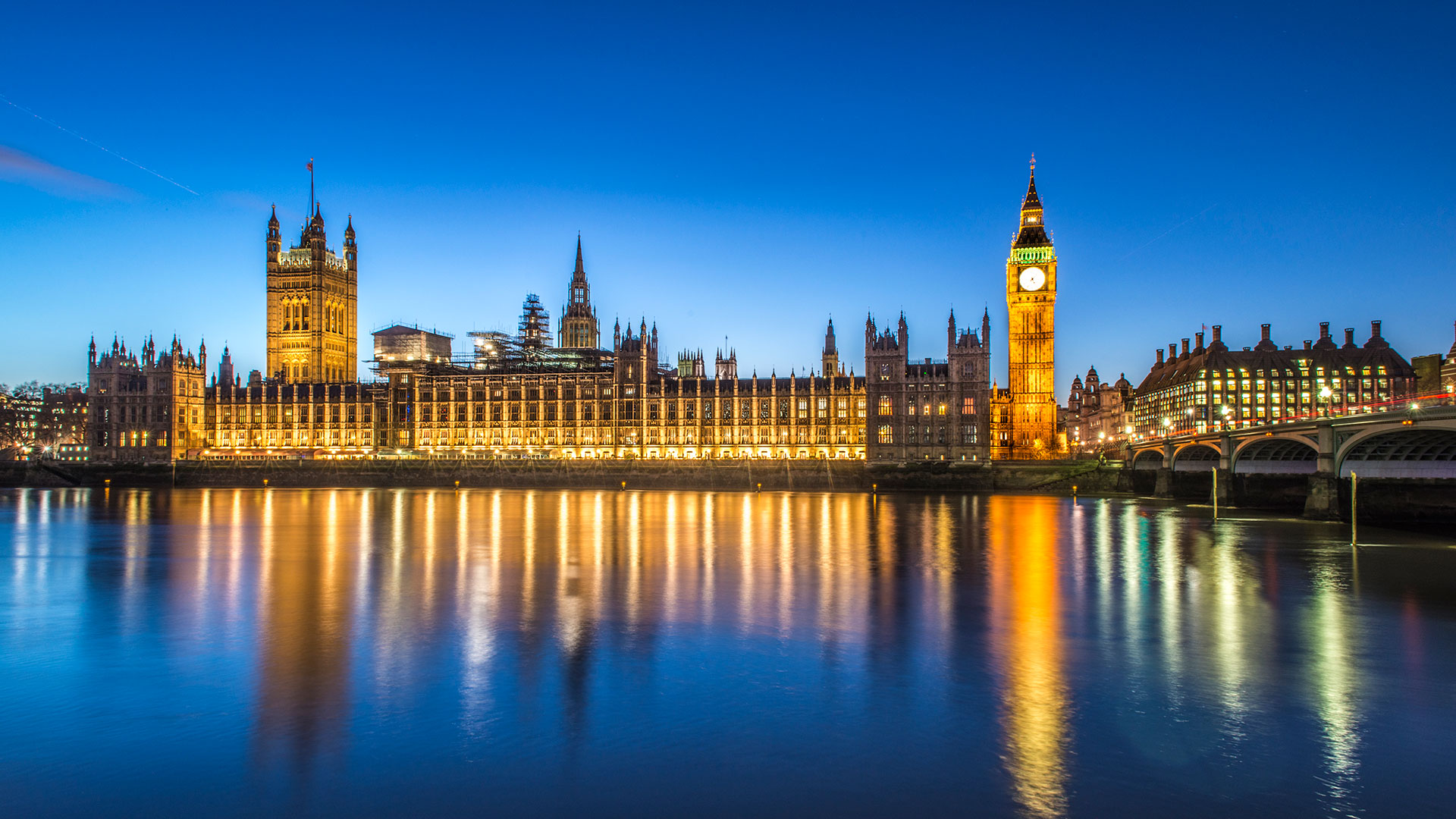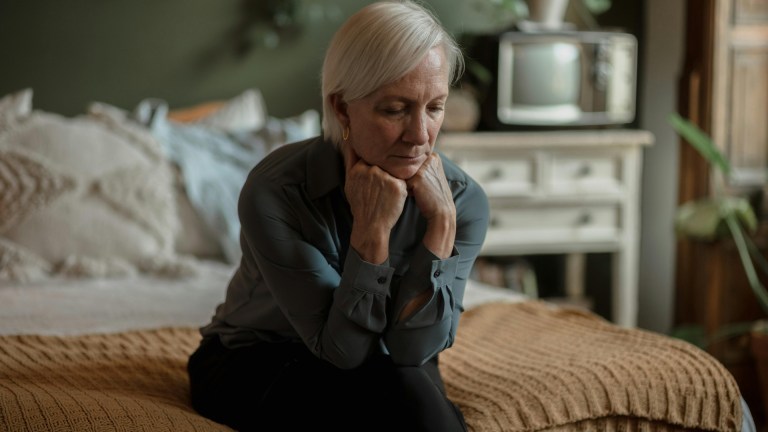The majority of councils have placed the blame for the rise in homelessness in the UK on government welfare reforms, claims a new report.
The study, carried out by the Chartered Institute of Housing and the University of Sheffield, found that 84 per cent of the 106 councils and 70 per cent of the 50 housing associations surveyed believed that the likes of the lower benefit cap are negatively impacting their work in housing.
Changing to funding levels were also undermining the contribution that could be made to tackling homelessness, according to 71 per cent of housing associations and 72 per cent of local authorities.
The most common reasons for housing associations rejecting homeless households’ nominations was a limited entitlement to welfare assistance.
If the government is serious about tackling our homelessness crisis it must urgently consider how it can create a policy framework which supports, and not undermines, what councils and housing associations can achieve together
More than 60 per cent of local councils reported that lack of funds stopped families from being housed while 49 per cent of housing associations agreed that it was the biggest hurdle.
Half of the social housing groups also cited unmet social needs as a primary reason for families being turned down for homes.










